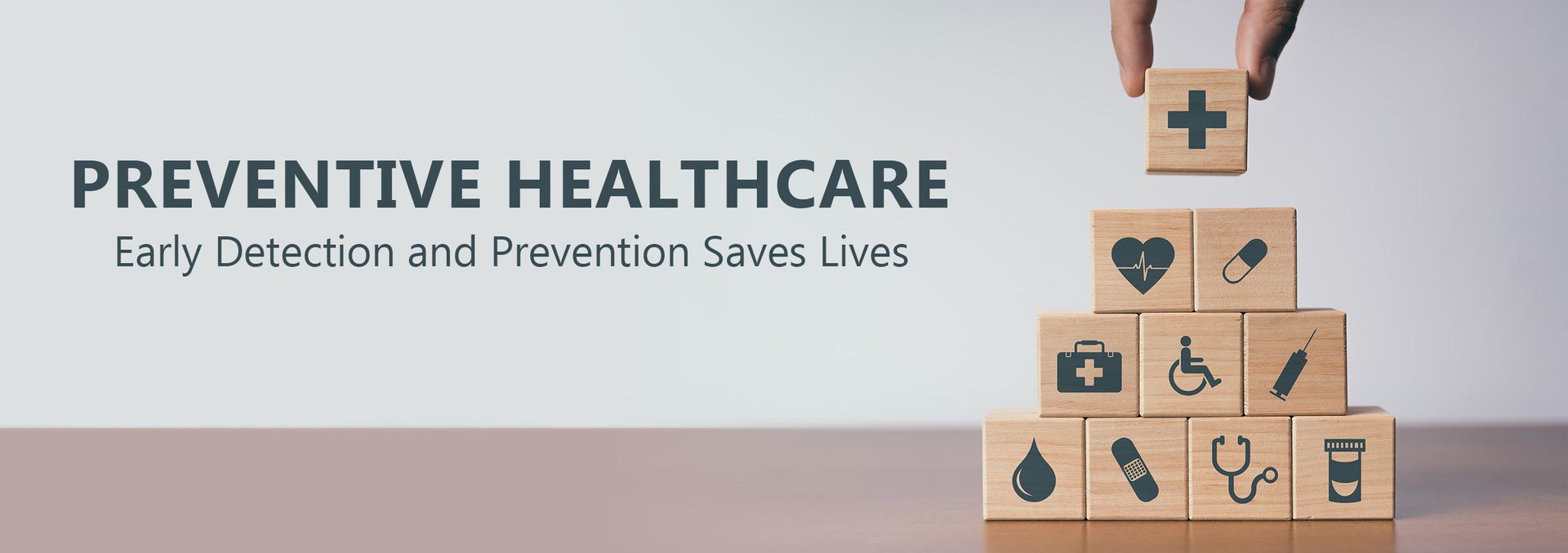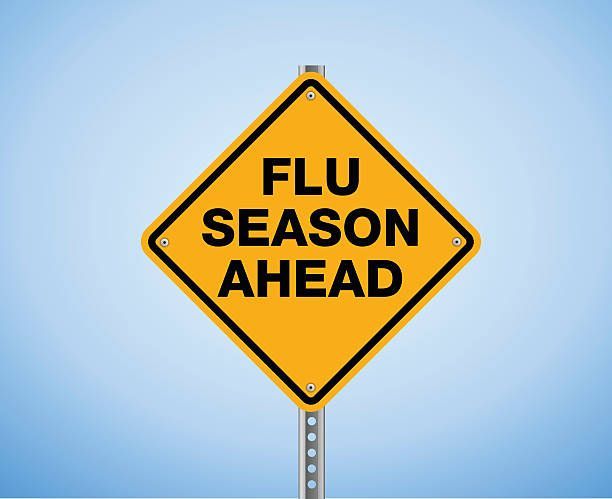The Importance of Preventative Health: Investing in Your Future
In a world that often prioritizes quick fixes and reactive solutions, the concept of preventative health can sometimes take a backseat. However, the benefits of a proactive approach to health and well-being cannot be overstated. By focusing on prevention rather than just reaction and treatment, we can enhance our quality of life, reduce healthcare costs, and increase longevity. Here’s why preventative health is essential for everyone.

What is Preventative Health?
Preventative health encompasses a range of practices designed to prevent diseases before they occur. This includes regular check-ups, screenings, and lifestyle modifications such as healthy eating, regular exercise, and stress management. The goal is to identify risk factors and address them before they develop into serious health issues.
The Benefits of Preventative Health
1. Early Detection Saves Lives
Regular screenings can lead to the early detection of conditions such as cancer, diabetes, and heart disease. When caught early, many diseases can be treated more effectively, improving the chances of a full recovery. For example, mammograms can detect breast cancer at its earliest stages, often before symptoms appear, allowing for more treatment options and better outcomes.
2. Cost-Effective Care
Investing in preventative measures is often more cost-effective than treating advanced diseases. Chronic conditions can lead to expensive medical bills and lost income due to time off work. Preventative health reduces the incidence of these conditions, which can significantly lower healthcare costs for individuals and society as a whole. In fact, every dollar spent on prevention can save up to six dollars in treatment costs.
3. Improved Quality of Life
Preventative health fosters a lifestyle that prioritizes well-being. Engaging in regular physical activity, maintaining a balanced diet, and managing stress not only reduces the risk of chronic diseases but also enhances overall quality of life. People who focus on prevention often report feeling more energetic, mentally sharp, and emotionally balanced.
4. Empowerment Through Knowledge
Participating in preventative health initiatives often means becoming more informed about one’s own health. This knowledge empowers individuals to make healthier choices, engage with their healthcare providers, and advocate for their own well-being. Understanding personal risk factors encourages proactive management and fosters a sense of control over one’s health.
5. Community Health Improvement
When individuals take charge of their health through preventative measures, the benefits extend beyond the individual. Healthy communities contribute to lower healthcare costs, decreased disease transmission, and improved economic productivity. Initiatives like vaccination programs and community health screenings play a crucial role in fostering a healthier society.
Practical Steps to Incorporate Preventative Health
- Schedule Regular Check-ups: Make it a habit to visit your healthcare provider for routine exams and screenings based on your age and health history.
- Stay Active: Aim for at least 150 minutes of aerobic activity each week, alongside strength training exercises at least three times a week.
- Eat a Balanced Diet: Focus on whole foods—proteins, vegetables, fruits, and healthy fats. Limit processed foods, added sugars, and seed oils.
- Manage Stress: Practice stress-reduction techniques like mindfulness, yoga, or meditation. Prioritize self-care and make time for activities you enjoy.
- Stay Informed: Educate yourself about your health risks and preventative measures. Stay updated on vaccinations and health guidelines.
Conclusion
Preventative health is not just a personal responsibility; it’s a community investment. By prioritizing prevention, we can create a healthier future for ourselves and those around us. Embracing a proactive approach to health will not only enhance individual well-being but also contribute to the overall health of our communities. Remember, taking small steps today can lead to significant benefits tomorrow—because prevention is always better than cure.

CONTACT INFORMATION
Phone: 904-747-9802
